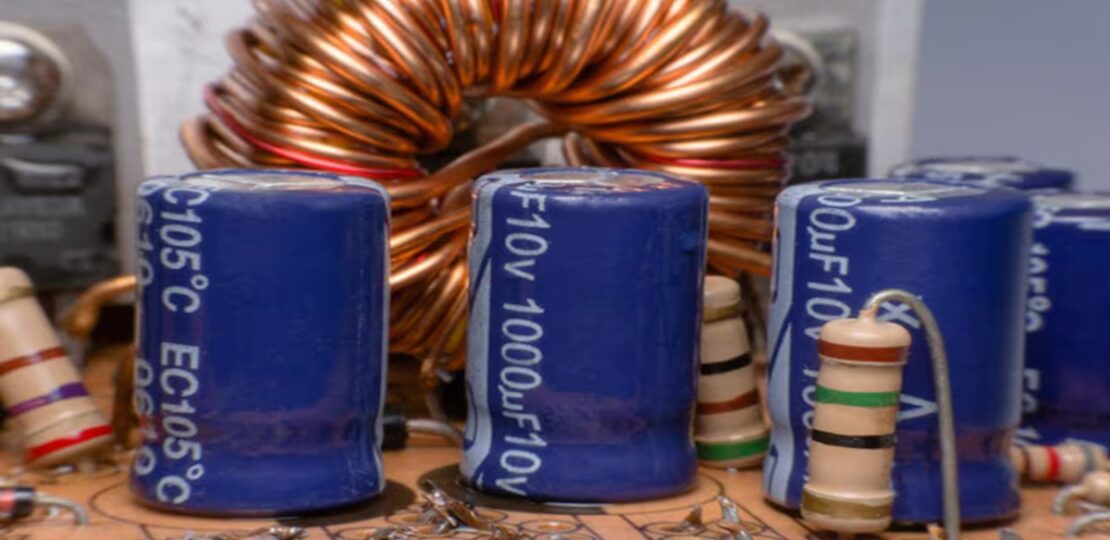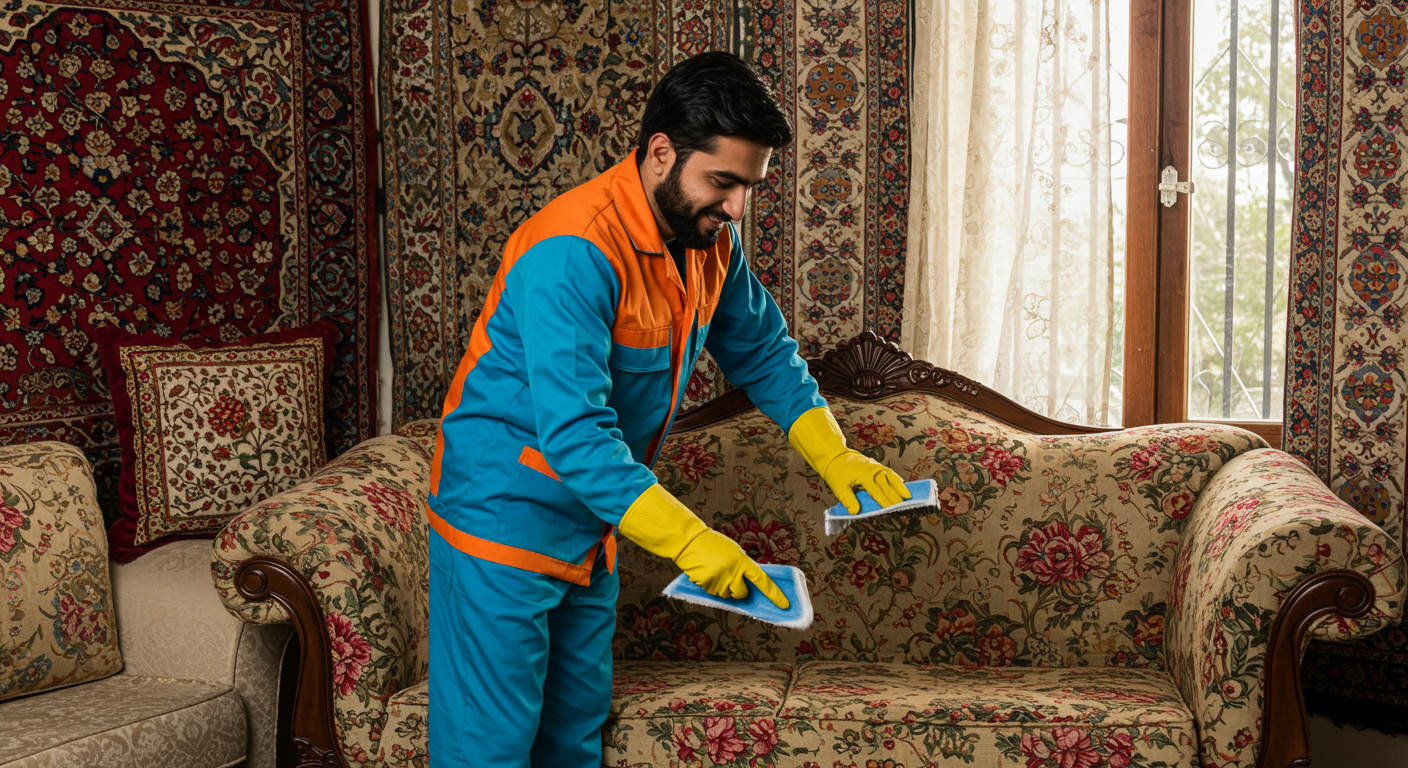Capacitor Failure Case Studies: How UL Certification Could Have Prevented System Damage
October 22, 2025 | by IoT Development Company

Introduction
UL Approved HVAC Capacitors play a vital role in preventing electrical failures in heating and cooling systems across Canada. When capacitors fail, systems experience downtime, reduced efficiency, and costly repairs. Understanding real-world failure cases helps businesses make better choices for safety and performance.
En-Trade Inc. supplies premium HVAC components designed to withstand Canada’s diverse climate conditions. By examining common failure scenarios, we can see how UL certification ensures reliability, safety, and extended system life.
This article explores real capacitor failure cases, the reasons behind them, and how UL Approved HVAC Capacitors could have prevented damage and losses.
Case Study 1: Commercial HVAC Breakdown During Peak Summer
UL Approved HVAC Capacitors could have prevented a major commercial HVAC failure that occurred during a heatwave in Toronto. A local shopping complex experienced system failure when several capacitors overheated and ruptured.
Technicians discovered that non-certified capacitors were used during a previous maintenance service. These low-quality parts could not handle continuous high-temperature operation. The system shut down for over 36 hours, causing discomfort to customers and financial loss to the tenants.
The absence of UL certification meant the capacitors lacked proper insulation and heat resistance. UL-certified components undergo strict thermal and electrical testing to prevent breakdowns under load. In this case, UL Approved HVAC Capacitors would have ensured better endurance and safety.
Case Study 2: Industrial Cooling Unit Failure in Alberta
An industrial plant in Alberta faced frequent capacitor failures in its large cooling units. The non-certified capacitors were unable to withstand fluctuating voltages during high-demand periods.
As a result, multiple motors failed within months, costing thousands in replacement and repair. The maintenance team later identified that the installed capacitors had no verified safety certification.
If the facility had used UL-approved components, the capacitors would have resisted voltage surges, preventing motor burnout. UL-certified capacitors are designed with reinforced dielectric materials that ensure long-term stability.
This case highlights how proper component selection directly affects operational continuity in industrial systems.
Case Study 3: Residential HVAC System Malfunction in Quebec
A homeowner in Quebec reported that their central air conditioning system was making loud noises and tripping breakers. Upon inspection, the technician found that the run capacitor had exploded.
The installed capacitor was an inexpensive, non-UL-listed product purchased online. It failed due to poor insulation and heat buildup. The damage extended to the compressor and contactor, resulting in a costly repair bill.
Had a UL-certified capacitor been installed, it would have met rigorous safety standards, including thermal stability and moisture resistance. For residential systems in Canada’s humid environments, using reliable capacitors is crucial for safety and performance.
This case demonstrates that saving money on cheap components can lead to higher expenses and potential fire risks.
Case Study 4: HVAC Failure in a Cold Storage Facility
A cold storage facility in Manitoba relied on continuous cooling to protect perishable goods. The system failed suddenly during winter when the main capacitor malfunctioned.
An investigation showed that the capacitor casing had cracked due to extreme cold exposure. Non-certified units were not rated for low-temperature operation. This led to complete motor failure and product spoilage worth thousands of dollars.
En-Trade Inc. emphasizes that UL Approved HVAC Capacitors are tested for performance under temperature extremes. These capacitors use materials that expand and contract safely without cracking or leaking.
For businesses relying on consistent operation, using UL-certified products is not optional—it’s essential.
Case Study 5: Electrical Fire in a Commercial Building
A severe capacitor failure in a Vancouver office building led to an electrical fire. The capacitor overheated due to internal short-circuiting. It was later confirmed that the component had no UL or CSA certification.
The fire damaged nearby electrical wiring, requiring a complete system replacement. The incident also led to insurance complications because the installed part was non-certified.
UL-approved capacitors include built-in safety mechanisms such as pressure relief vents and flame-retardant housings. These features prevent catastrophic failures, protecting both equipment and property.
Certification also ensures compliance with Canadian safety regulations, reducing liability risks for businesses.
Common Causes of Capacitor Failure
Capacitors fail for various reasons, but most issues trace back to poor-quality materials or lack of proper testing. Some common causes include:
- Overheating due to inadequate insulation
- Voltage surges from unstable power supply
- Moisture exposure in humid environments
- Mechanical stress from vibration or poor installation
- Aging and wear from continuous operation
Using certified capacitors significantly reduces these risks. UL-approved units are built to withstand these challenges through rigorous quality control.
How UL Certification Prevents Damage
UL (Underwriters Laboratories) certification is a global standard for product safety and performance. It ensures that capacitors meet strict design and testing requirements before reaching the market.
Key benefits of UL certification include:
- Thermal Endurance: UL tests for consistent performance under heat and cold.
- Electrical Strength: Capacitors must resist voltage surges and maintain capacitance accuracy.
- Mechanical Durability: Components undergo vibration and stress testing.
- Safety Design: UL-approved models include pressure relief and anti-explosion features.
By choosing UL-certified products, businesses avoid premature failures, costly downtime, and safety risks.
The Cost of Using Non-Certified Capacitors
Non-certified capacitors might seem cost-effective, but they come with hidden expenses. System damage, maintenance costs, and energy inefficiency quickly outweigh any savings.
In Canada’s demanding environments, cheap capacitors fail faster due to temperature fluctuations and high usage. This leads to frequent replacements and potential motor damage.
Insurance companies may also deny claims if non-certified components contribute to fire or system failure. For commercial facilities, this can mean significant financial losses.
How En-Trade Inc. Supports Reliable HVAC Systems
En-Trade Inc. is a trusted supplier of high-quality HVAC components, serving customers across Canada. The company specializes in providing UL Approved HVAC Capacitors and other certified products that ensure long-term reliability.
Their product range includes start and run capacitors, motor capacitors, and power factor correction capacitors—each meeting strict UL and CSA standards. With fast shipping and expert support, En-Trade helps businesses maintain uninterrupted performance throughout Canada’s diverse climates.
By choosing En-Trade, customers gain access to durable, compliant, and cost-efficient solutions.
Preventive Maintenance and Best Practices
Preventing capacitor failure requires more than just quality parts. Proper maintenance and regular inspections are essential. Here are a few best practices:
- Check capacitance regularly using a multimeter.
- Inspect for swelling, cracks, or leaks.
- Ensure proper airflow around the capacitor to avoid overheating.
- Replace capacitors every 3–5 years or as recommended.
- Always install UL-certified components to meet Canadian safety standards.
Routine monitoring ensures stable performance and reduces the risk of unexpected system shutdowns.
Conclusion
UL Approved HVAC Capacitors are the foundation of safe, efficient, and long-lasting HVAC systems in Canada. Every case study demonstrates how capacitor failures can lead to costly damage, downtime, or safety hazards when non-certified components are used.
By choosing UL-certified products from En-Trade Inc., businesses and homeowners can ensure consistent performance, compliance, and peace of mind. Reliable components save time, reduce costs, and protect valuable equipment—making them the smart choice for every Canadian HVAC system.
RELATED POSTS
View all



